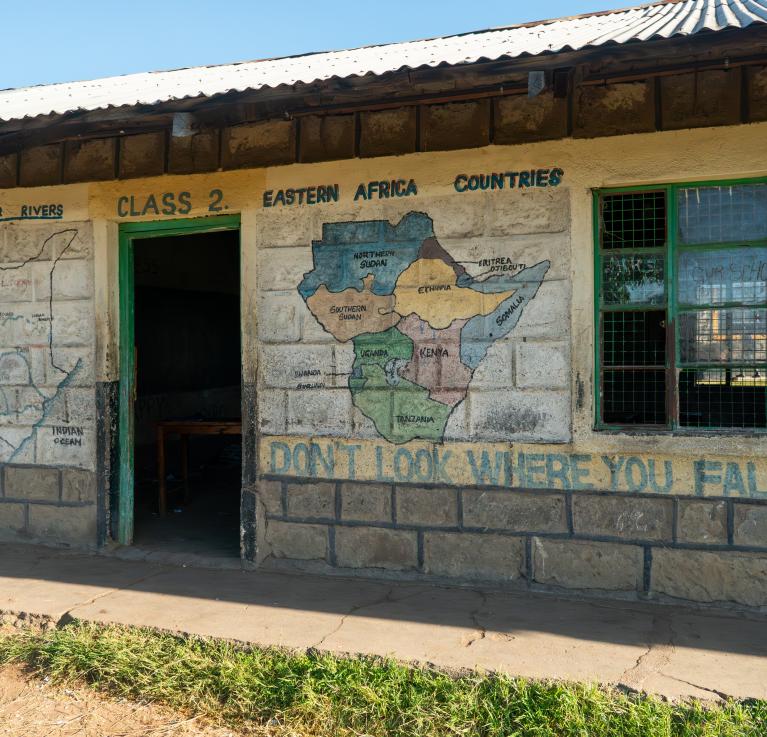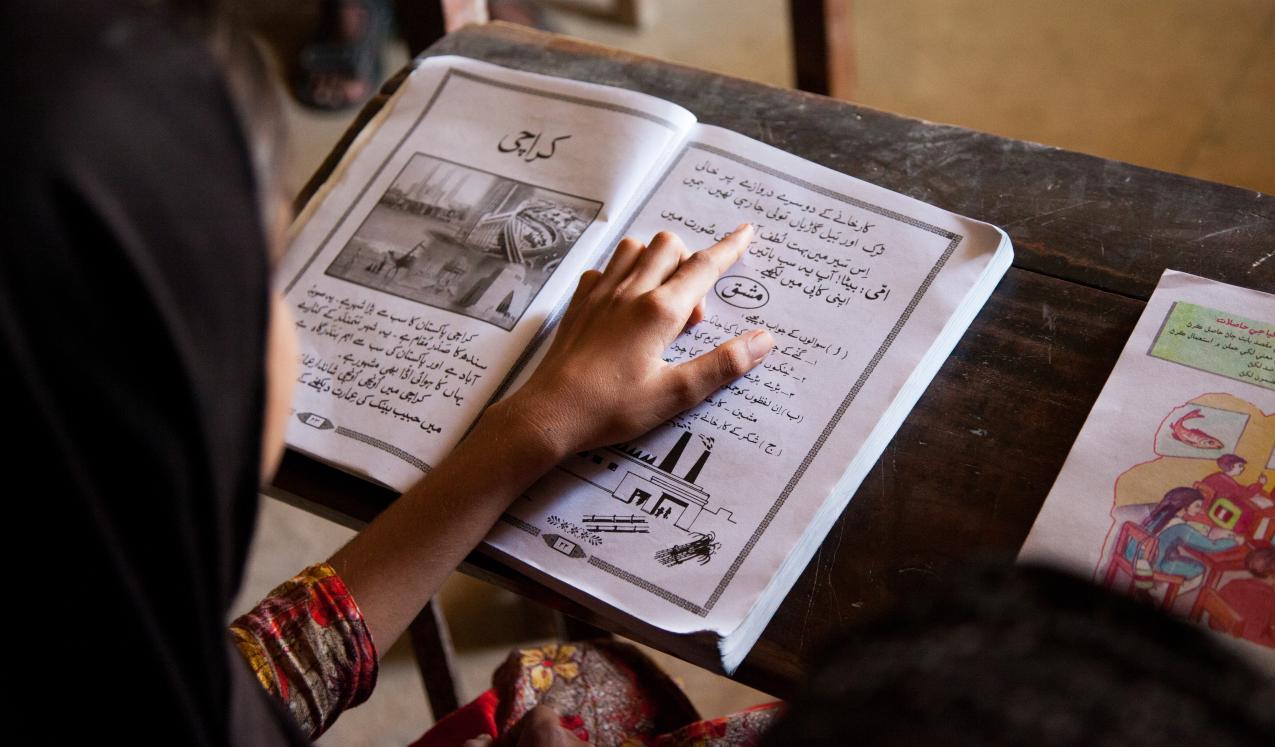
Education is a powerful tool for gender norm change. A well-established body of evidence confirms the importance of education – and secondary education in particular – in changing the damaging norms that shape, for example, the roles played by women and men in the home and community, women’s work outside the home, child marriage and gender-based violence.
At the same time, however, entrenched gender norms affect both access to education and learning, while education itself, if it is not grounded in principles of gender equality, can reinforce or even fuel harmful gender norms. These norms tend to hold girls back but, in some contexts, it is boys’ education that is undermined. A heavy burden of domestic work, for example, can limit girls’ school attendance and study time, while expectations that older boys should earn an income can lead to boys dropping out of school. Gender norms and stereotypes within schools can also affect adolescents’ learning if, for example, teachers consciously or unconsciously prioritise boys.
ALIGN’s thematic guide, interactive diagrams, video and case studies explore these issues in more detail and highlight innovative practices to maximise the opportunities for education that is truly transformative for both girls and boys.
Featured resources
ALIGN guide
1 December 2019
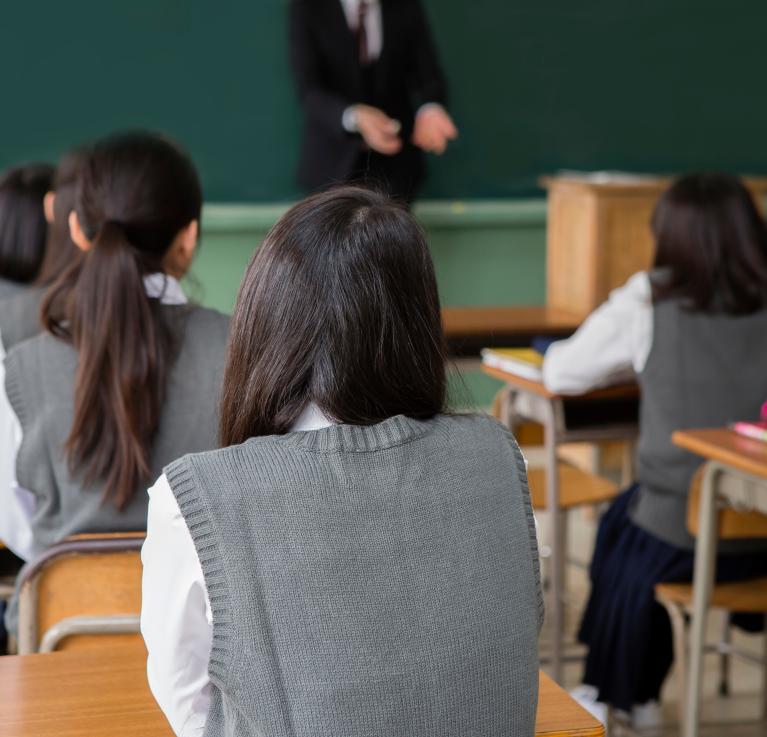
Read ALIGN's in-depth guide to gender norms and education.
ALIGN guide
22 January 2026
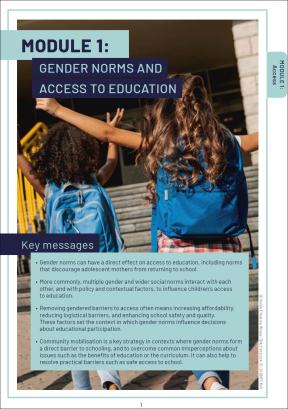
Report
8 September 2024

Report
13 November 2024
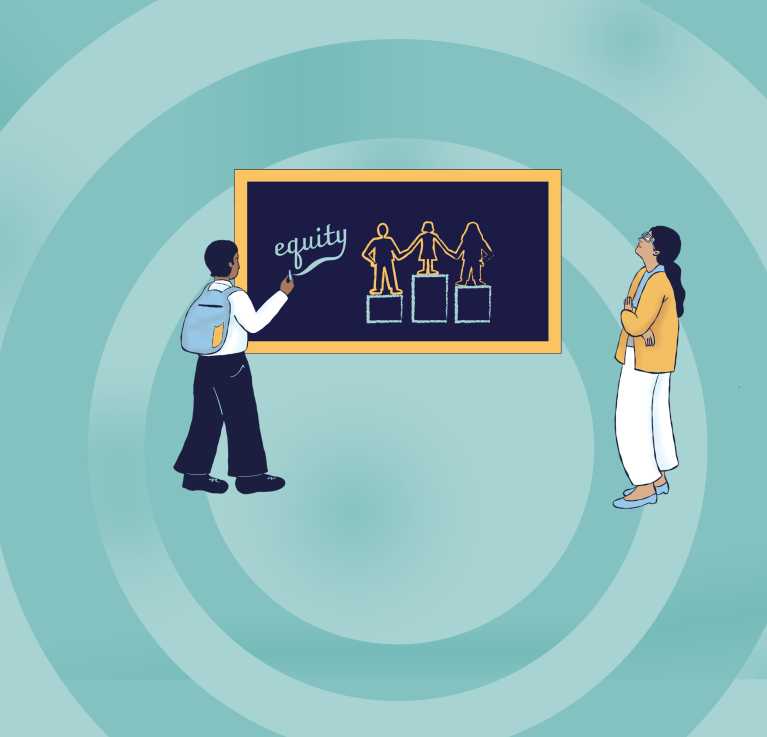
Published by: ALIGN
Blog
5 January 2026

Report
14 April 2025
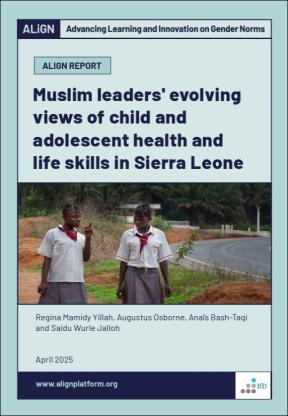
Report
26 March 2025
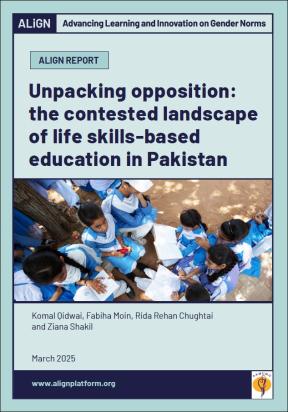
Recently completed research
We are currently undertaking research on the following themes:
Formal education as a space for promoting gender-equitable masculinities
The critical role that formal education systems can play in promoting gender equality has long been recognized. This has primarily concentrated on girls’ empowerment: less attention has been paid to their potential in supporting the development of gender-equitable masculinities. Some evaluations of specific courses and curricula aimed at promoting gender-equitable masculinities are emerging, and in several countries, particularly in Latin America, education policies and constitutions make explicit commitments to non-sexist education; a key knowledge gap is how teachers can be effectively supported to translate these commitments into practice, and to challenge pervasive gender-discriminatory norms. Our two-year research programme synthesizes existing evidence in a forthcoming report (January 2024) and will involve primary research in two Latin American countries over 2023-2024.
Education systems: a battleground for anti-rights movements
Education systems are a growing key ‘battleground’ for anti-rights actors, which contest anti-sexist, anti-racist, LGBTQI+-inclusive and other socially inclusive values and curriculum content in schools. Efforts by conservative interests to use education systems to promote ‘traditional’ gender relations date back decades but have been reinvigorated in recent years, often with funding from US-based religious and far-right interests. This research programme aims to deepen our understanding of the networks and strategies used by anti-rights movements to exercise political and ideological influence on educational content outside the global north. The findings will widen the scope of the debate on anti-rights movements, with a view to exposing their protracted efforts to influence gender norm change through curricular content and education policy, and identifying ways these efforts can be countered. The research involves a literature review and primary research in two countries.
Education content from the ALIGN community
Report
1 October 2025
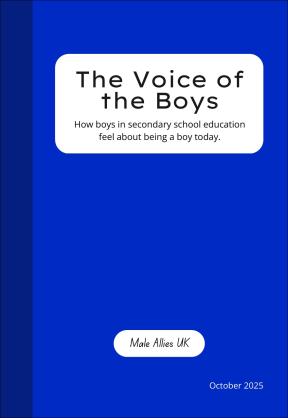
Report
22 September 2025
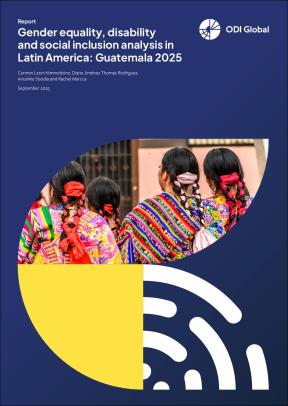
Briefing paper
1 September 2025
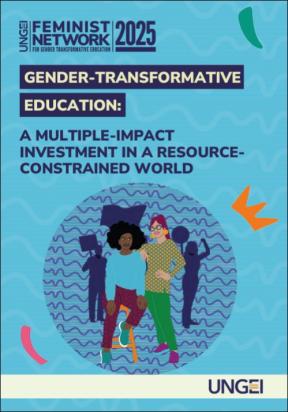

Content is loading...
